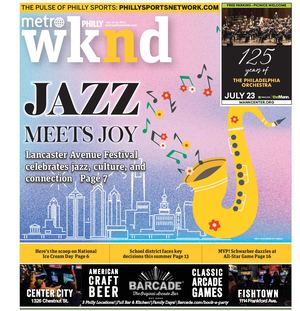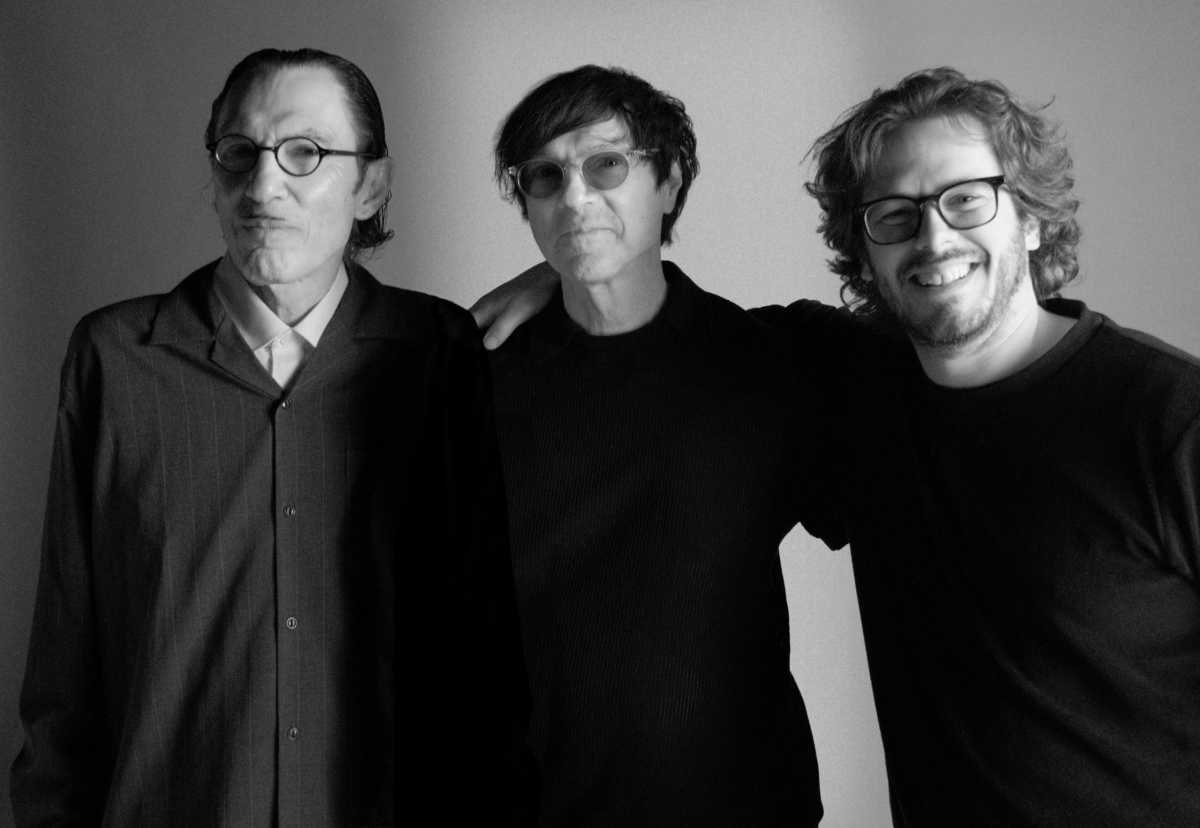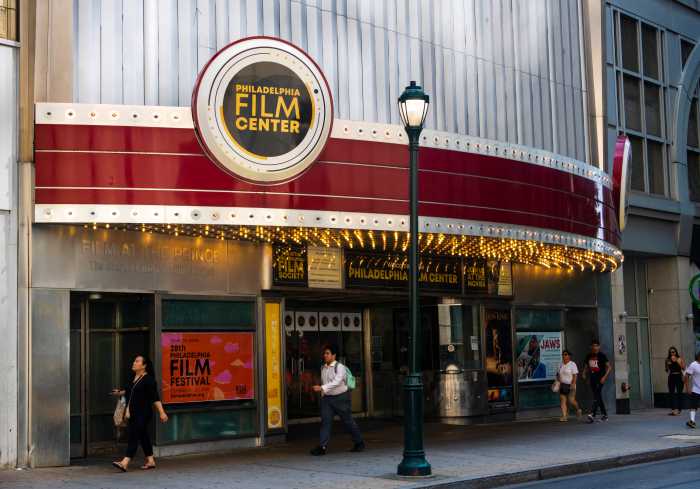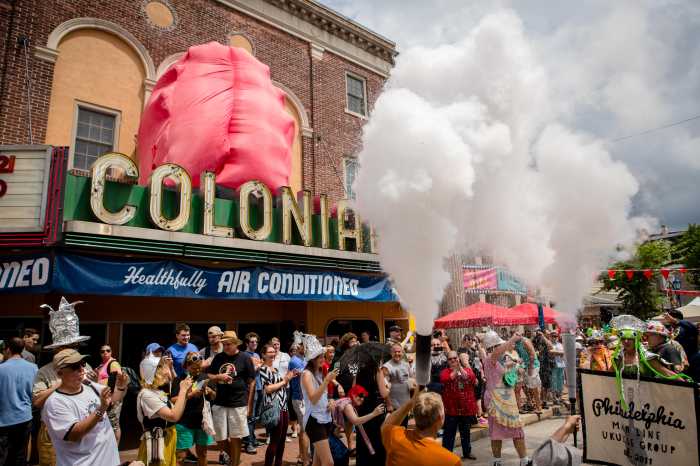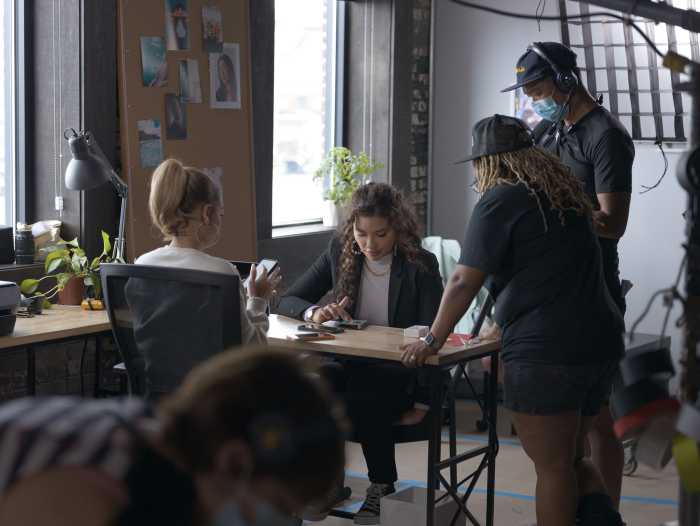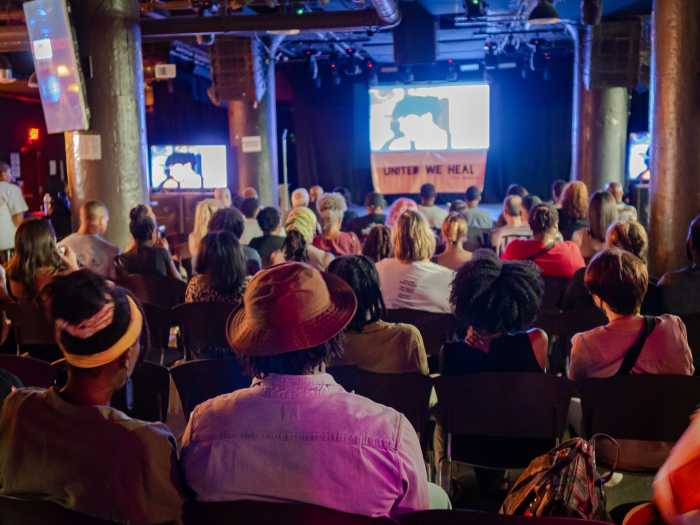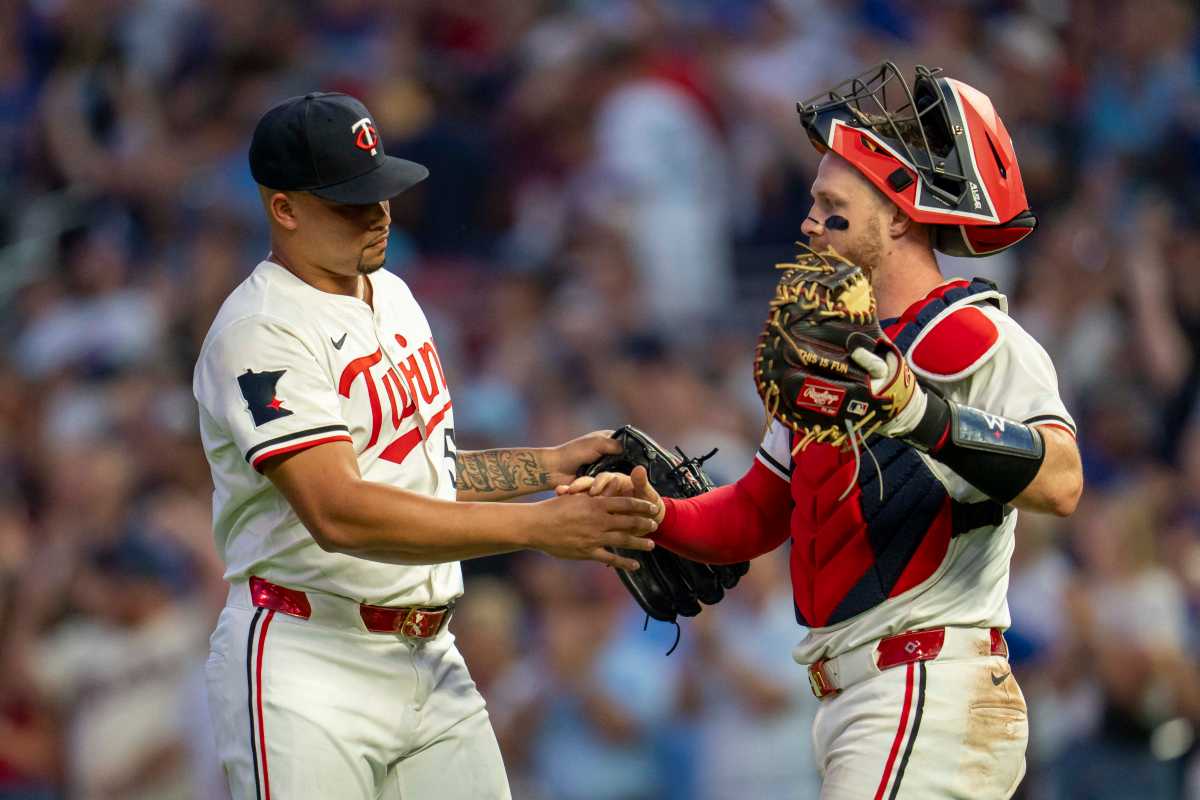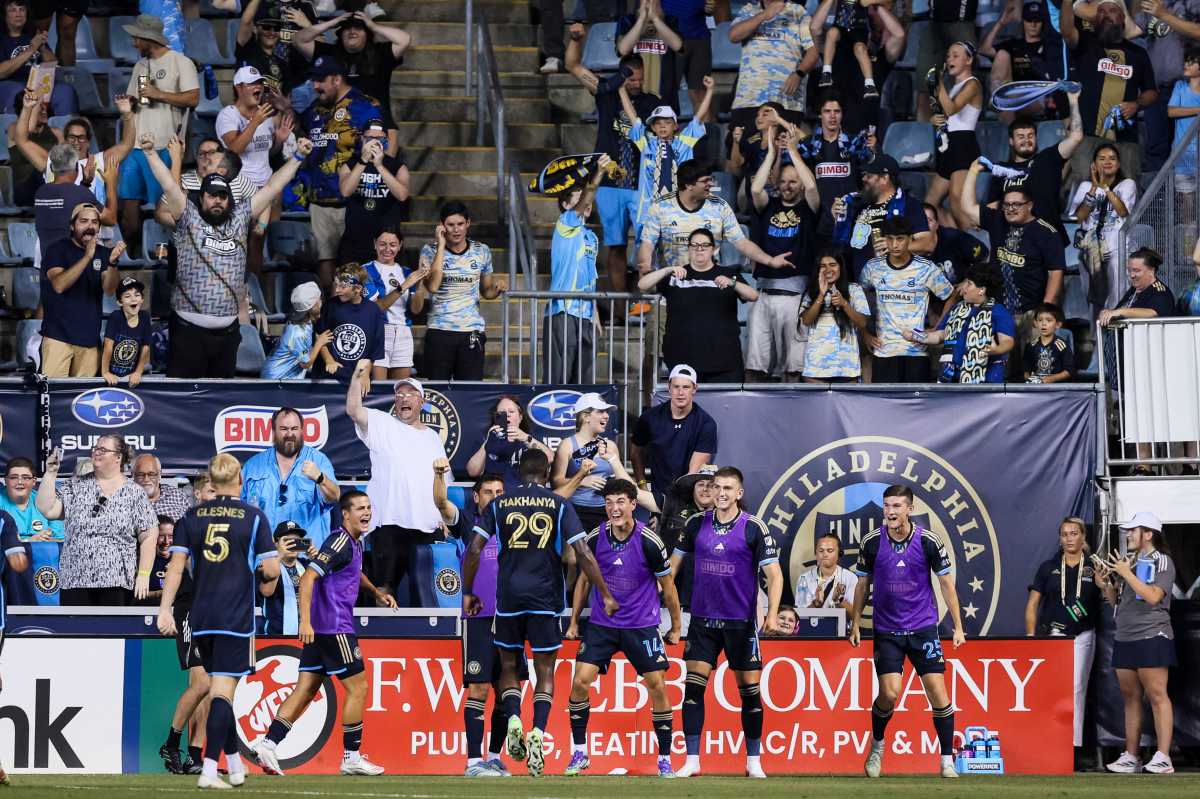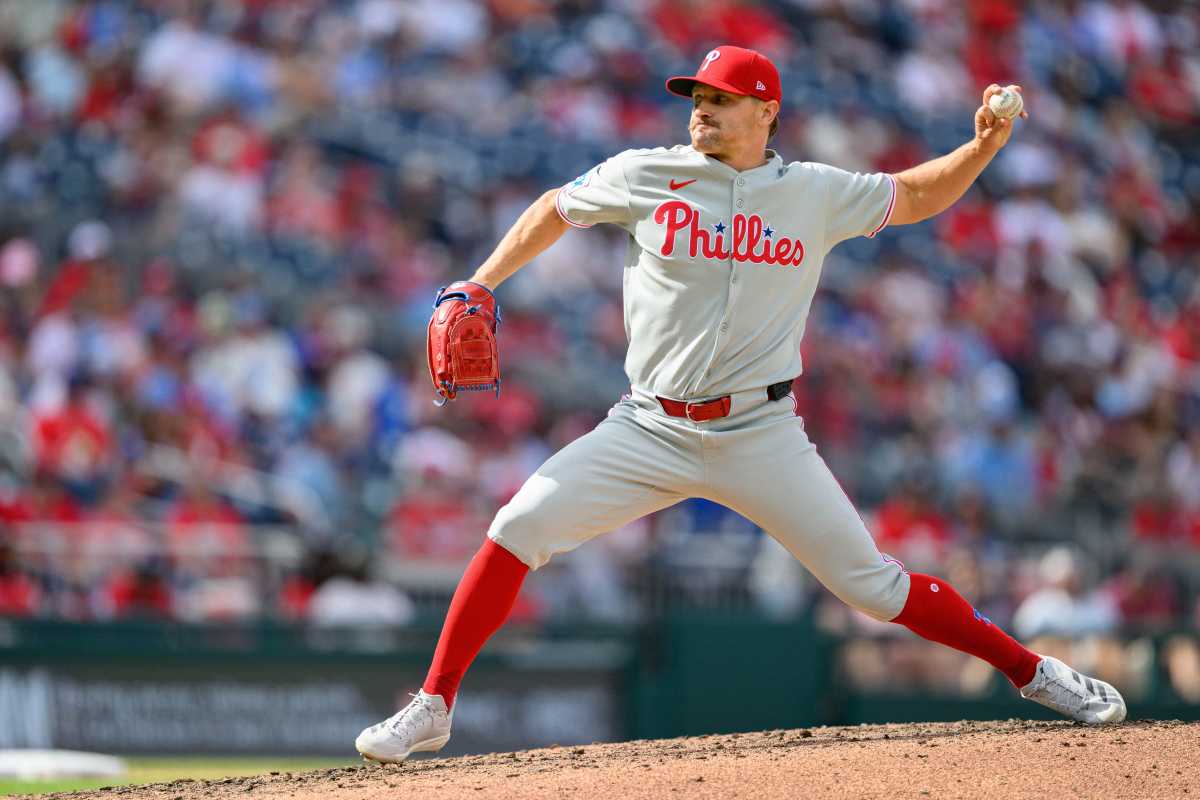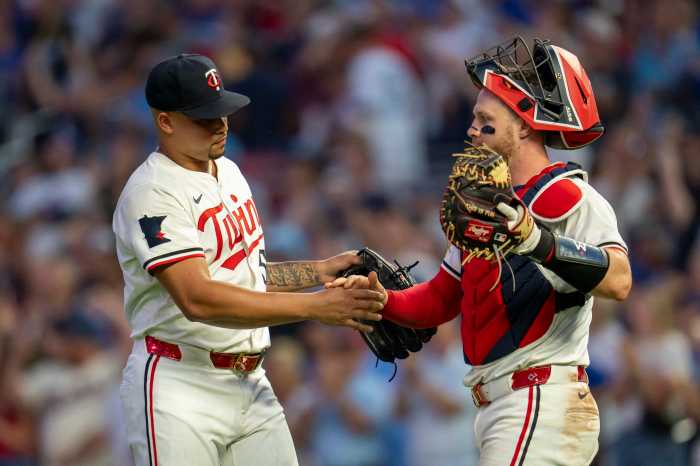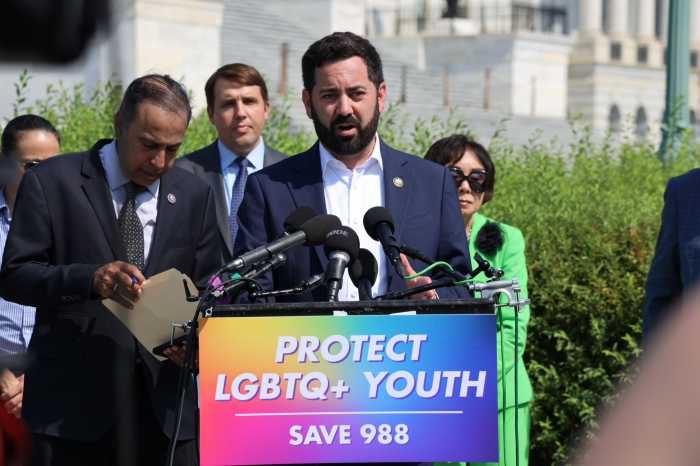As far as box office gold-branded film directors go, Britain’s Edgar Wright has been the top of that list since his fictional zombie comedy “Shaun of the Dead” (2004) and his continued run of smart cinematic hits such as 2007’s “Hot Fuzz,” 2017’s “Baby Driver,” and his foray into the Marvel Universe with 2015’s “Ant-Man.”
For his newest magic trick, Wright moves into the real world of documentary and personal obsession with “The Sparks Brothers” — a longtime fixation not only for his documentary’s interviewees such as comedians Patton Oswalt and Mike Myers, and musicians Beck, Todd Rundgren and The Go-Go’s Jane Weidlin, but also the author of this story. Sparks, consisting of California-born brothers Russell and Ron Mael, have, since the early 70s, maintained a aesthetic as genre-jumping pop artists where one album sounds nothing like the next, yet always sound uniquely like Sparks. Fifty years since their first album, with the ability to still surprise audiences, Sparks maintains a cult-ish following.
On the heels of releasing “The Sparks Brothers” in theaters June 18 and finishing edits on his horror thriller, this autumn’s Swinging 60s horror flick, “One Night in Soho” starring Anna Taylor Joy (“The Queen’s Gambit”) and Matt Smith (“The Crown”), Wright spoke favorably of the objects of his obsession, Sparks and beyond.
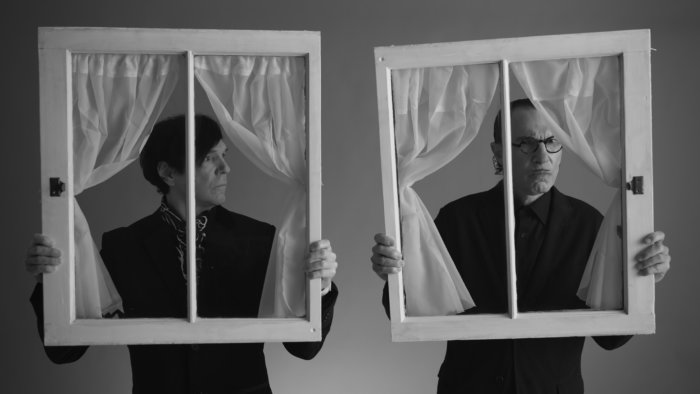
Amorosi: Audiences know you first from the nearly 20-year-old “Shaun of the Dead.” Now author Clark Collis has a book coming out on Shaun – “You’ve Got Red on You” – featuring interviews with you and your stars, Simon Pegg and Nick Frost. What is that film’s staying power—for you, and for its still obsessed audience?
Wright: I guess it’s because Shaun’s essentially based on real human behavior. People find a lot to relate to, as Shaun is a film which, strangely, resonates in any crises, the pandemic being the closest thing to an actual zombie apocalypse. Especially, in the UK where our default is gallows humor – Brexit, Covid. I’m proud of the movie and how it keeps coming back around. Like a good zombie, you can’t keep it down.
Amorosi: What do you see as the through-line that snakes through your films, from “Shaun” to “Ant-Man” to “Sparks Brothers” to “One Night in Soho”?
Wright: “Sparks” and “One Night in Soho” are wildly different, which has been good for my mental health. I can’t connect all of the movies, themselves, but I do see something of myself in Ron and Russell which is why I gravitated toward them. I admire their dedication to what they do. Also, we both approach our subject matter with real sincerity. I’m serious about making comedies such as “Shaun” and “Hot Fuzz,” but that doesn’t stop me from having fun with the form.
Ron and Russell approach their song-craft, and the emotion of what they’re singing about with sincerity, while toying with the form. With that, Sparks is the gift that keeps on giving, songs whose meanings you can decode as you go on. That’s aspirational, sticking to your artistic integrity while going through thick-and-thin. Theirs is a lesson to be true to yourself.
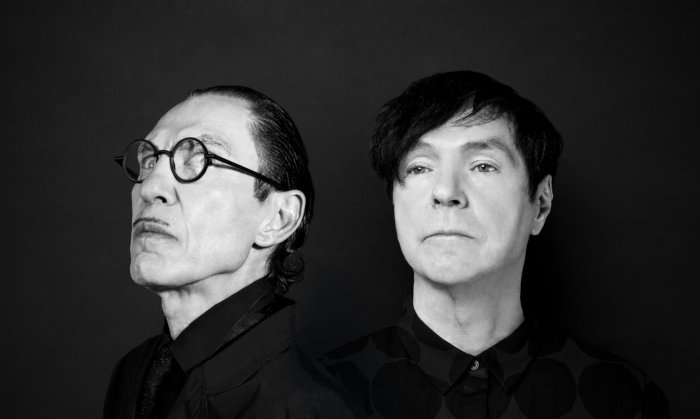
Amorosi: Knowing they are two gentlemen driven by their own ideas with little trust for outsiders, how did you get them to allow to a documentary and put their lives in your hands?
Wright: Still the most astonishing part of this is after decades of being a fan, and them being so enigmatic — I had no idea of where or how they lived, like David Bowie you had to wonder if they even lived on Earth — in 2015, I wondered if Sparks happened to be on Twitter. Which they were. And THEY were following ME. I was shocked. So I messaged them, and Russell told me how much they were fans of my films. Thirty-two hours later, we had breakfast at Russell’s house and became friends.
Not long after that, I kept saying, aloud, that somebody had to make a documentary on Sparks. After taking a friend of mine to one of their concerts, I got called on that idea, that I should make the film. It was a flashbulb idea that I sent to them that same night. I made a verbal contract with myself, and that I couldn’t let Ron and Russell down.
Amorosi: In making “Sparks Brothers,” how many times have you heard from obsessives such as yourself how much they have loved Sparks their whole lives?
Wright: I’m 47, which is just old enough for their first big hit, “This Town Ain’t Big Enough for the Both of Us.” What I find interesting is how, between the U.S. and the UK, when and why people come to Sparks. There’s the glam rock phase of “Town.” There’s the one I recall as a 5-year-old when their doing electro-disco with Giorgio Moroder. I saw them on TV and immediately knew I needed to know more what from their sound and theatricality.
A few more years pass, and they’re the darlings of MTV with “Cool Places.” Kids don’t know how lucky they are today to have the internet to be able to find this stuff easily. Back then, you were just left with a lot of questions. And it’s not as if everyone knows Sparks. Far from it. Some of the people in the documentary are those I just assumed were fans: Beck, Flea, Mike Myers, Neil Gaiman, Fred Armisen. But I can spot a Sparks fan at 50 yards away.
